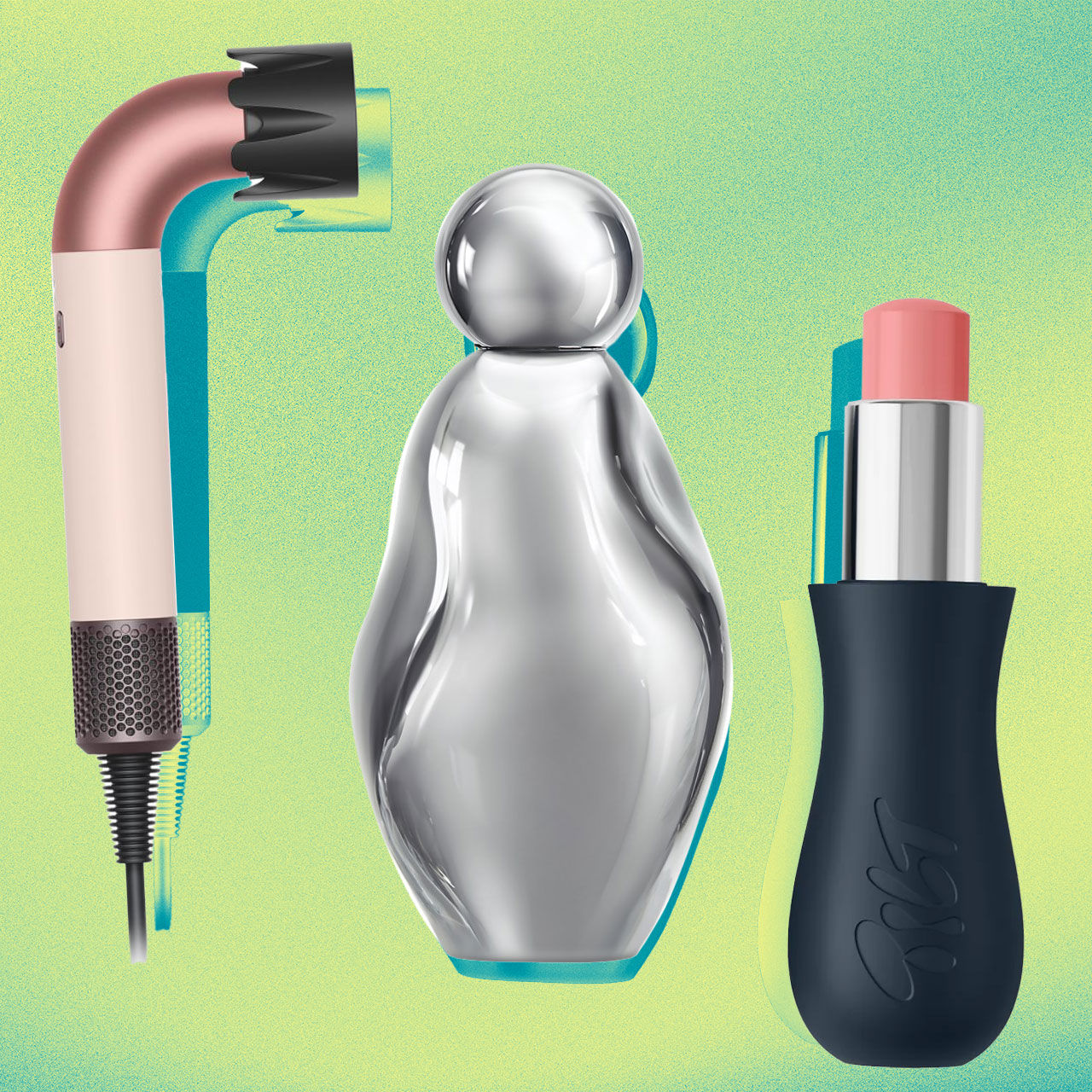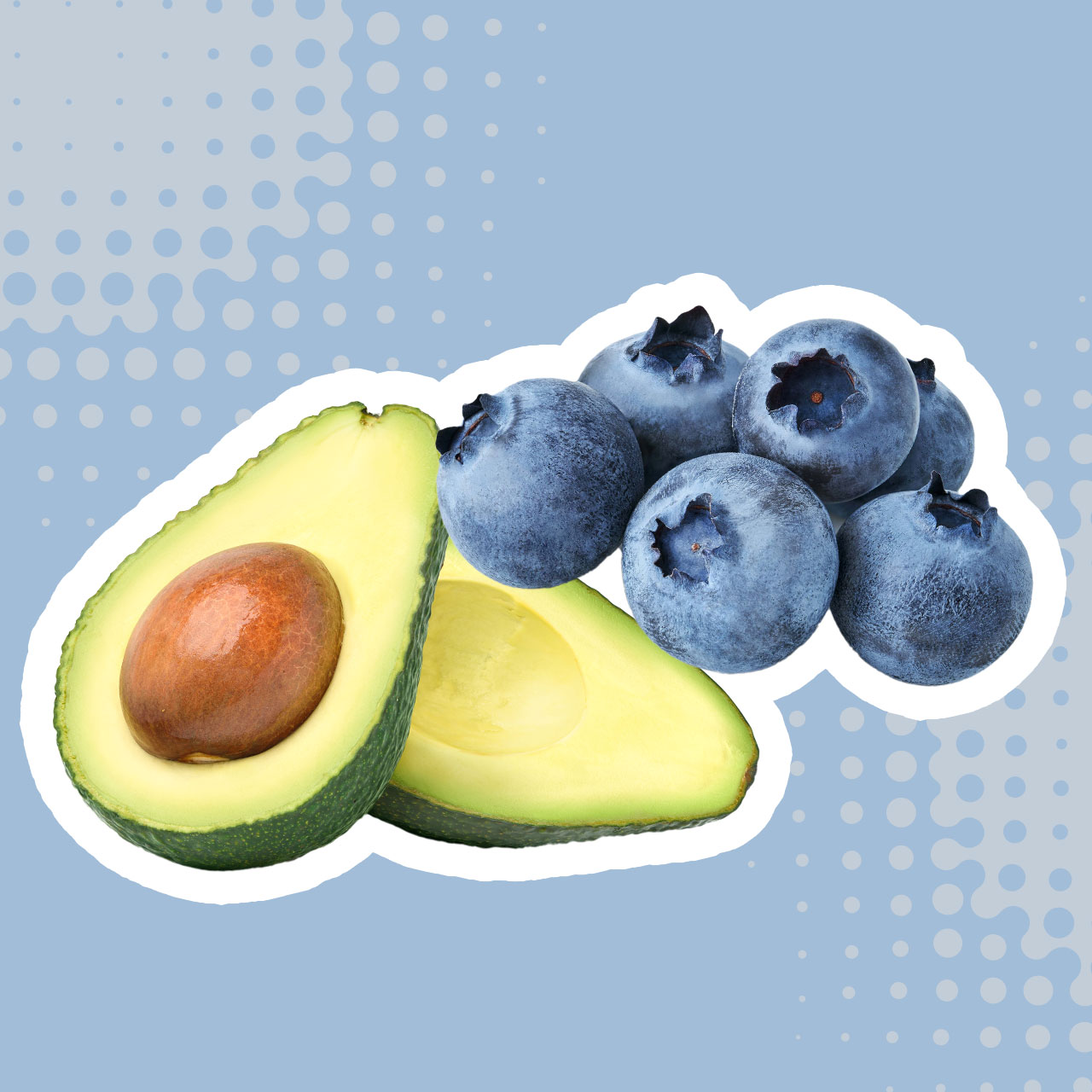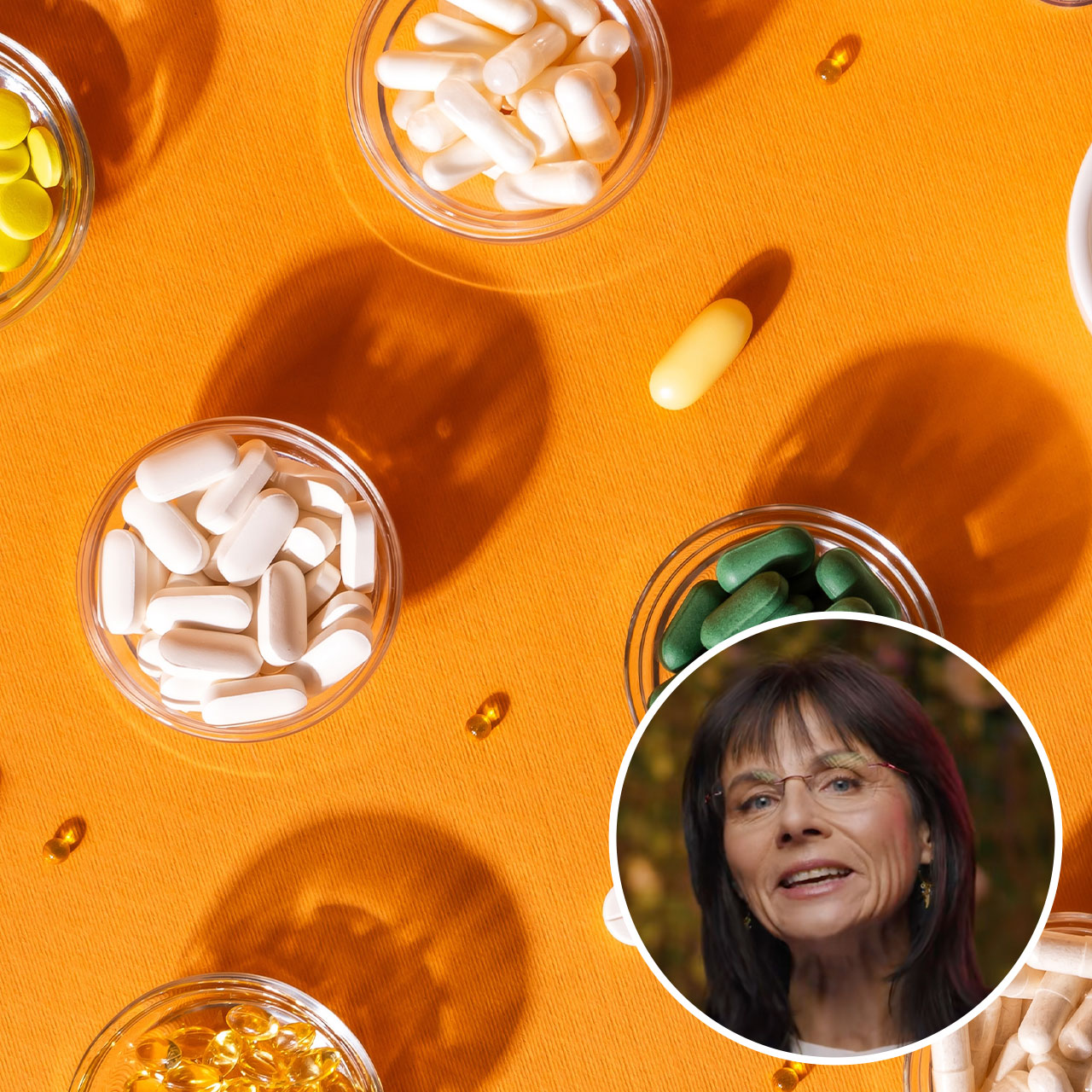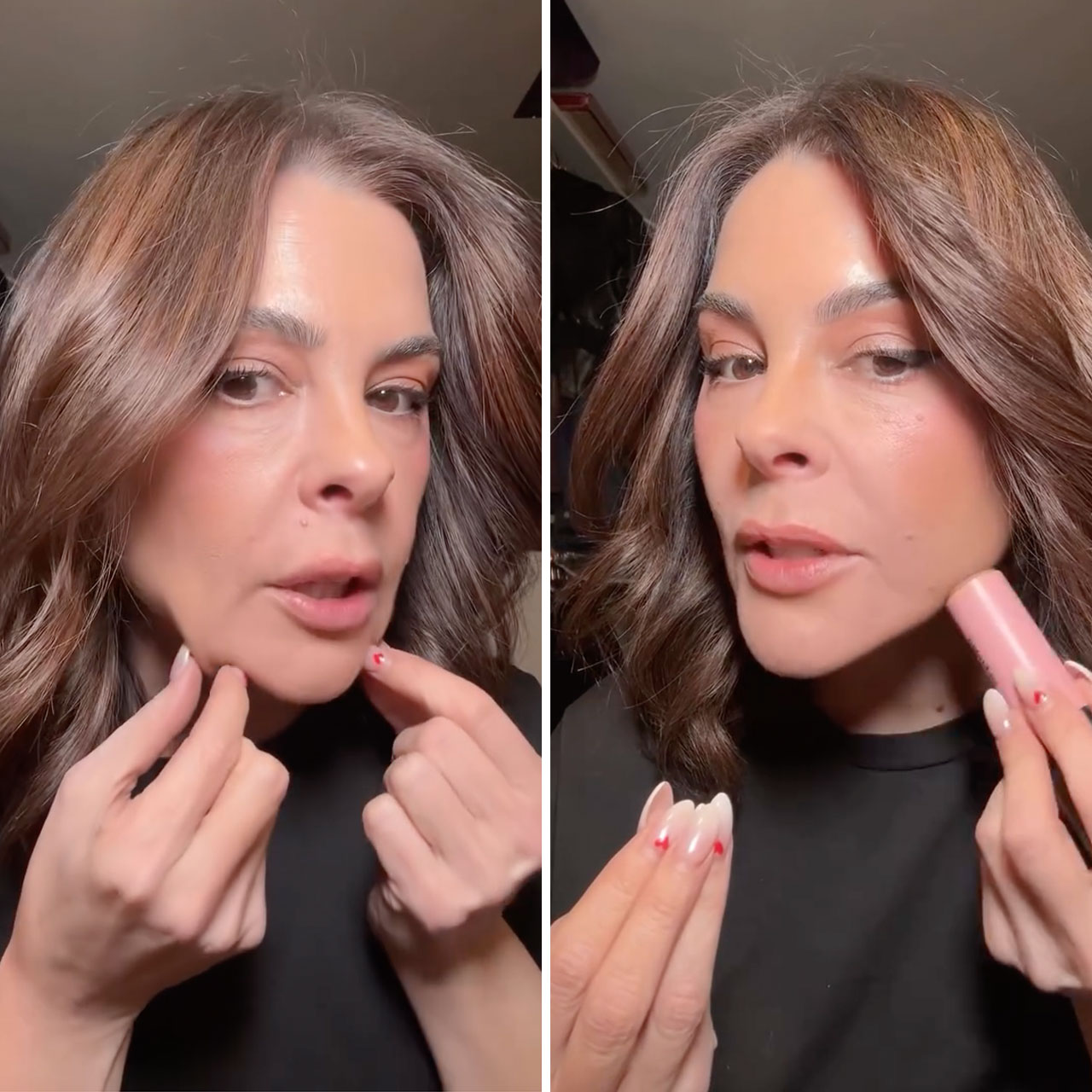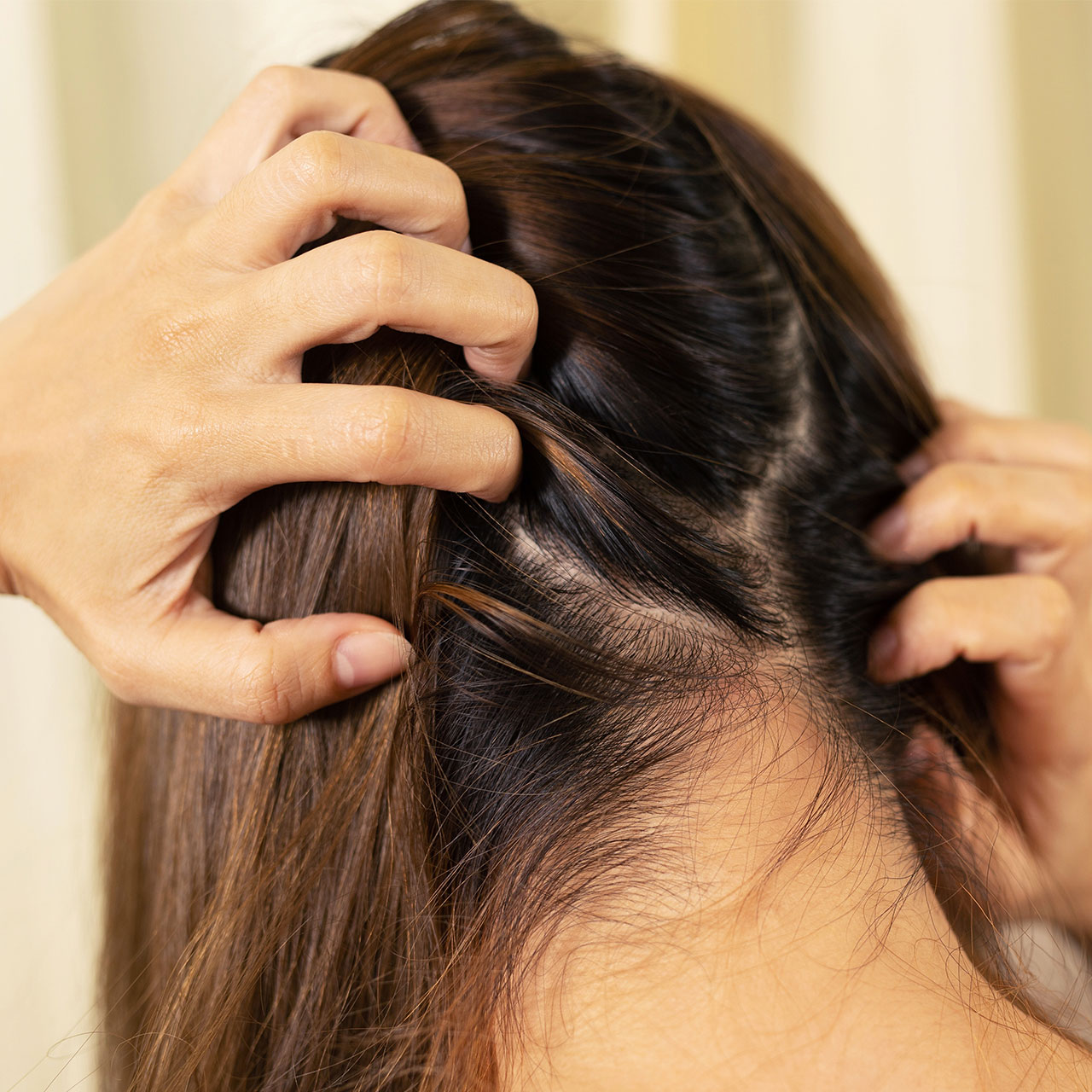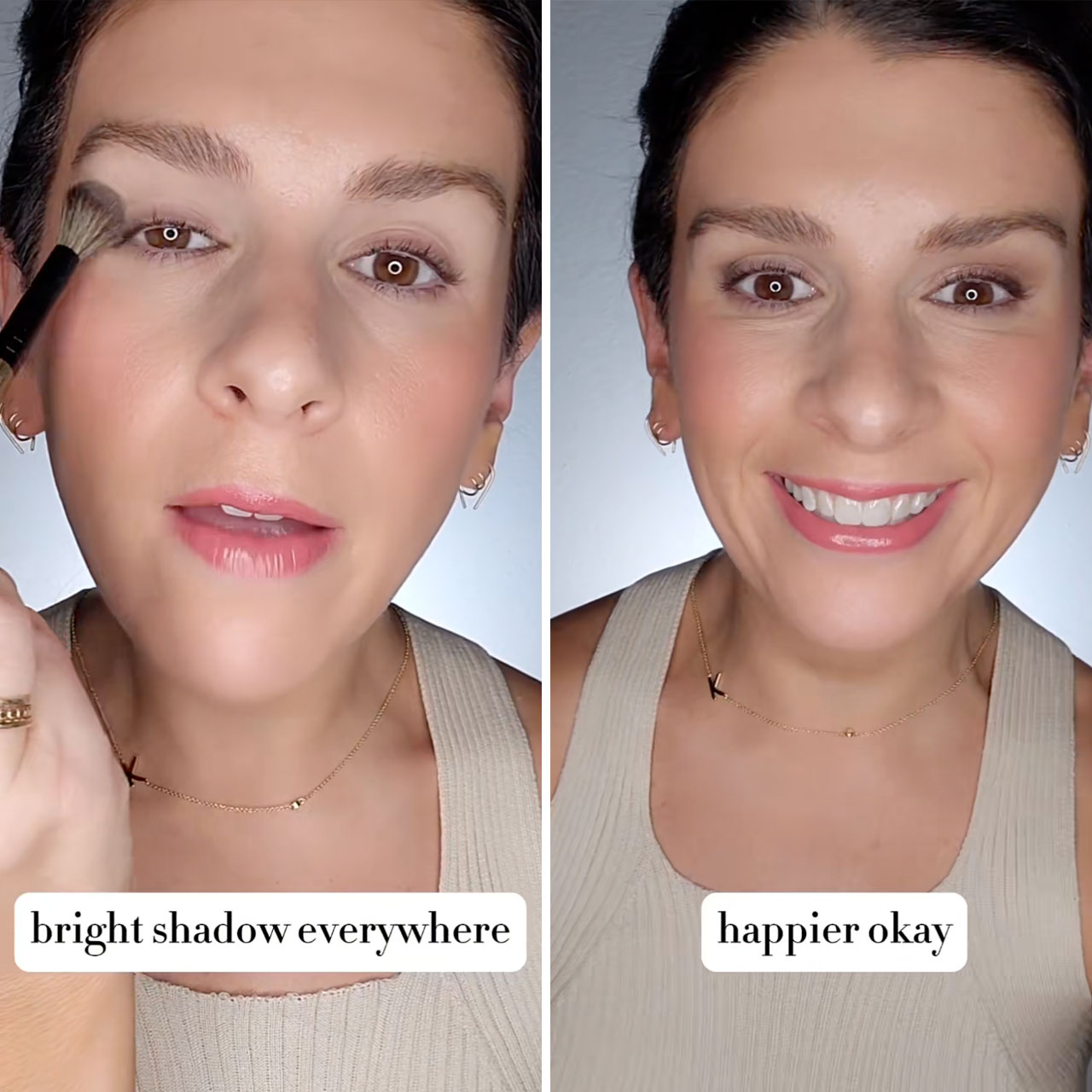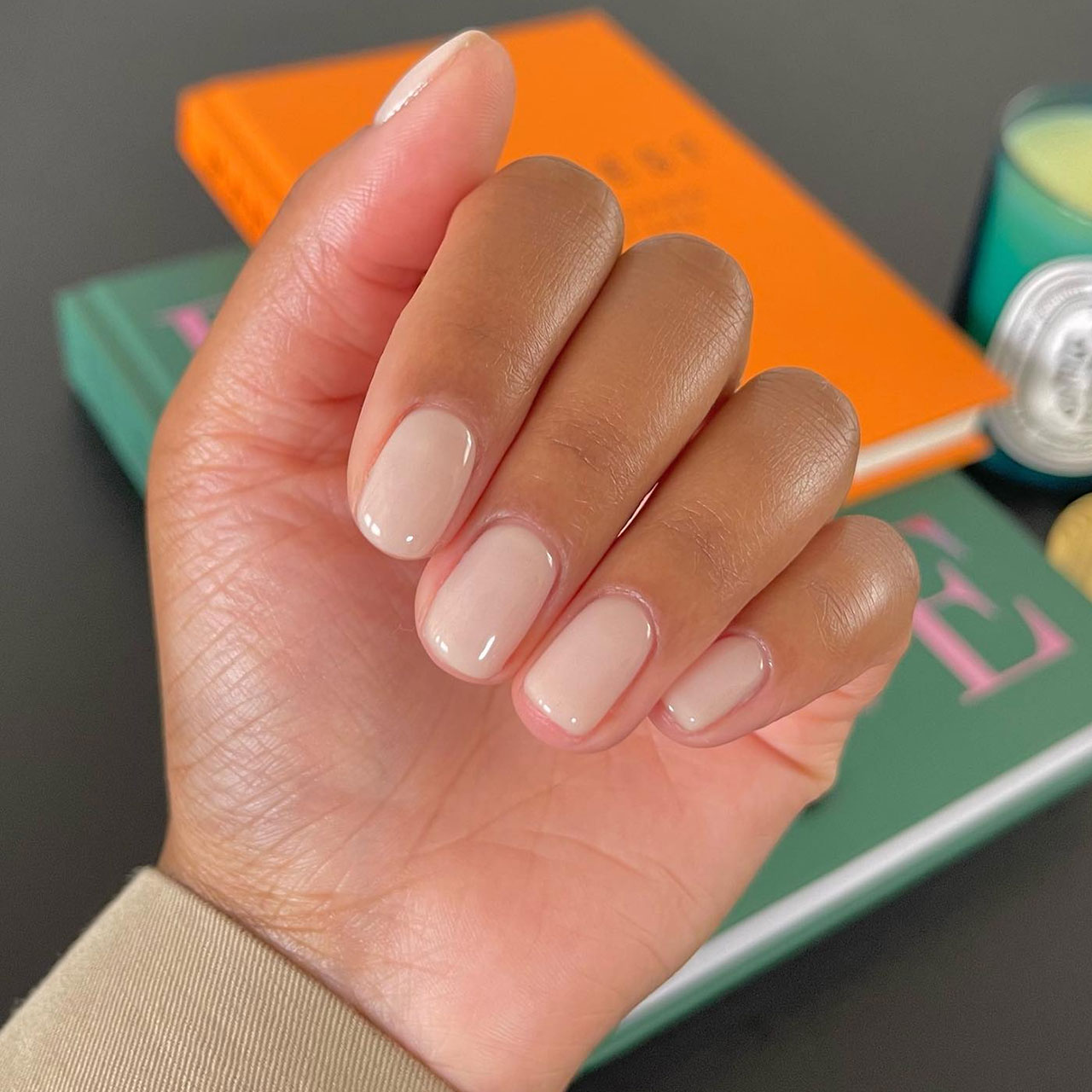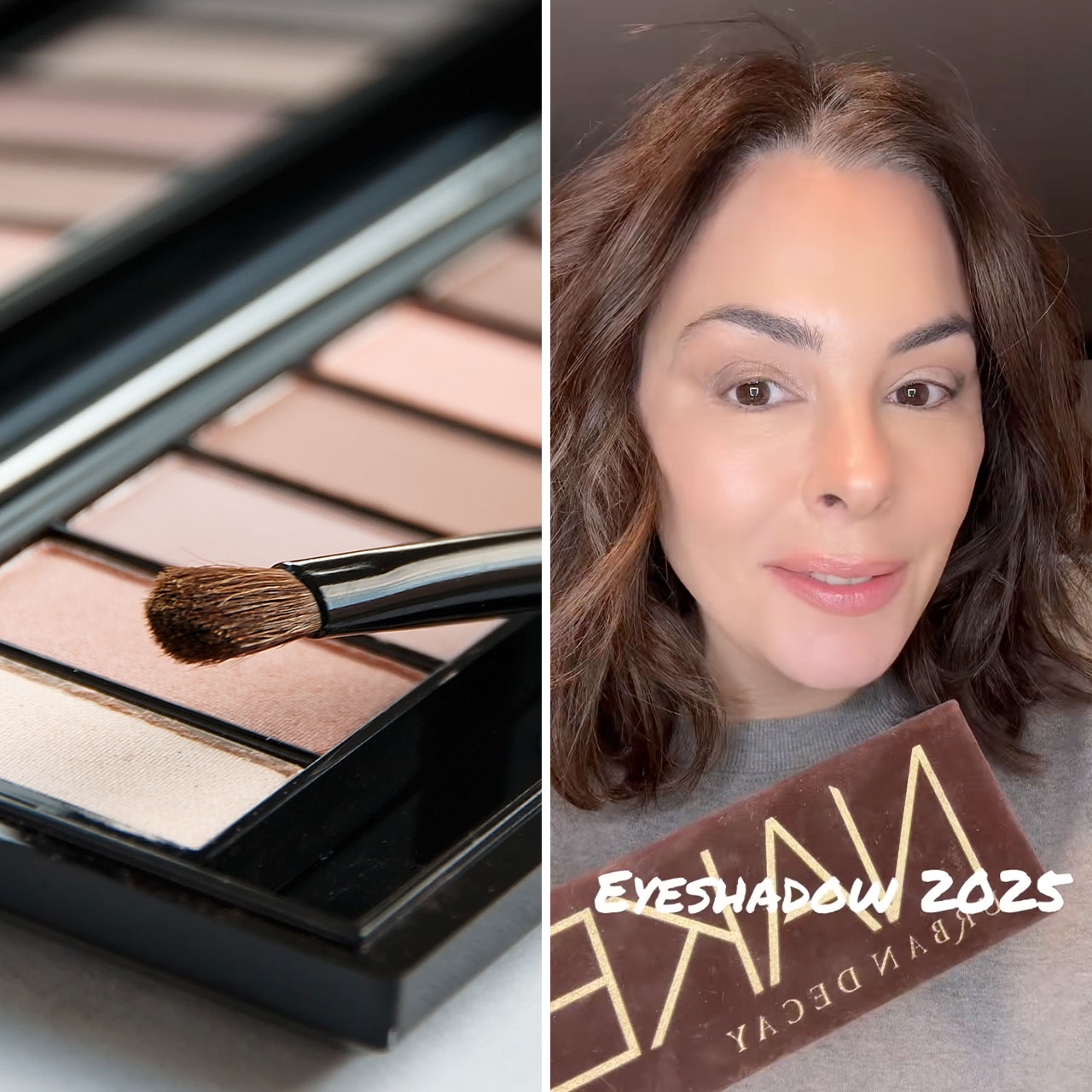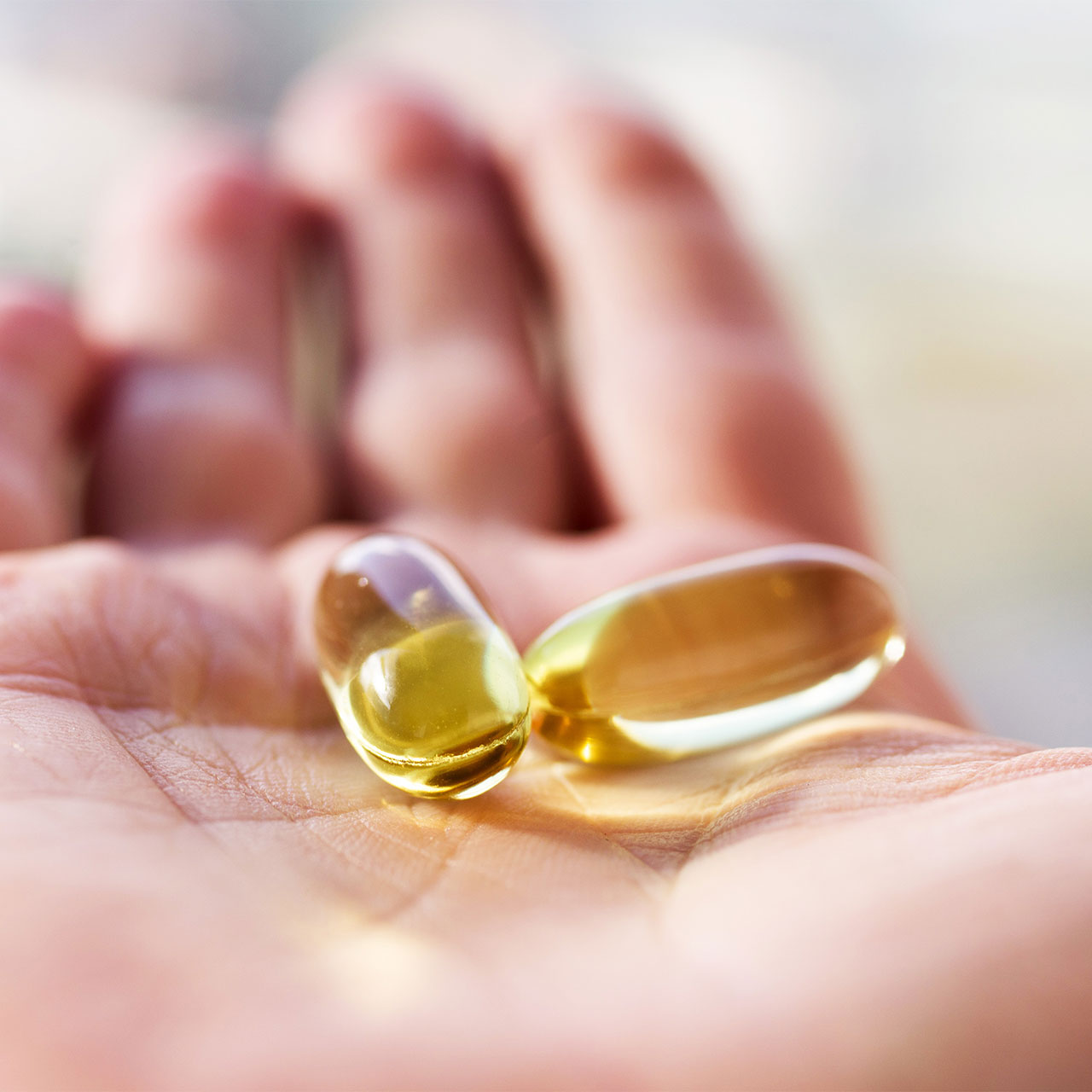This post has been updated since it first published on August 21, 2023.
To ensure a great anti-aging skincare routine, daily usage of products which stimulate collagen production is necessary. Collagen, a protein responsible for giving the skin elasticity and suppleness, can be produced with certain skincare ingredients.
To learn more, we spoke with dermatologists and skincare experts about six of these elements (often found in serums and moisturizers) which promote youthful-esque, hydrated skin and deliver a luminous, soft complexion to those over 40.
Read on for tips, suggestions and insight from Dr. Anna Chacon, MD, board-certified dermatologist and writer at My Psoriasis Team, Dr. Elaine F. Kung, MD, board-certified dermatologist and founder of Future Bright Dermatology, Dr. Jenelle Kim, skincare formulator and founder of JBK Wellness Labs, and Dr. Nadir Qazi, DO, board-certified physician, cosmetic dermatology surgeon, and owner of Qazi Cosmetic Clinic.

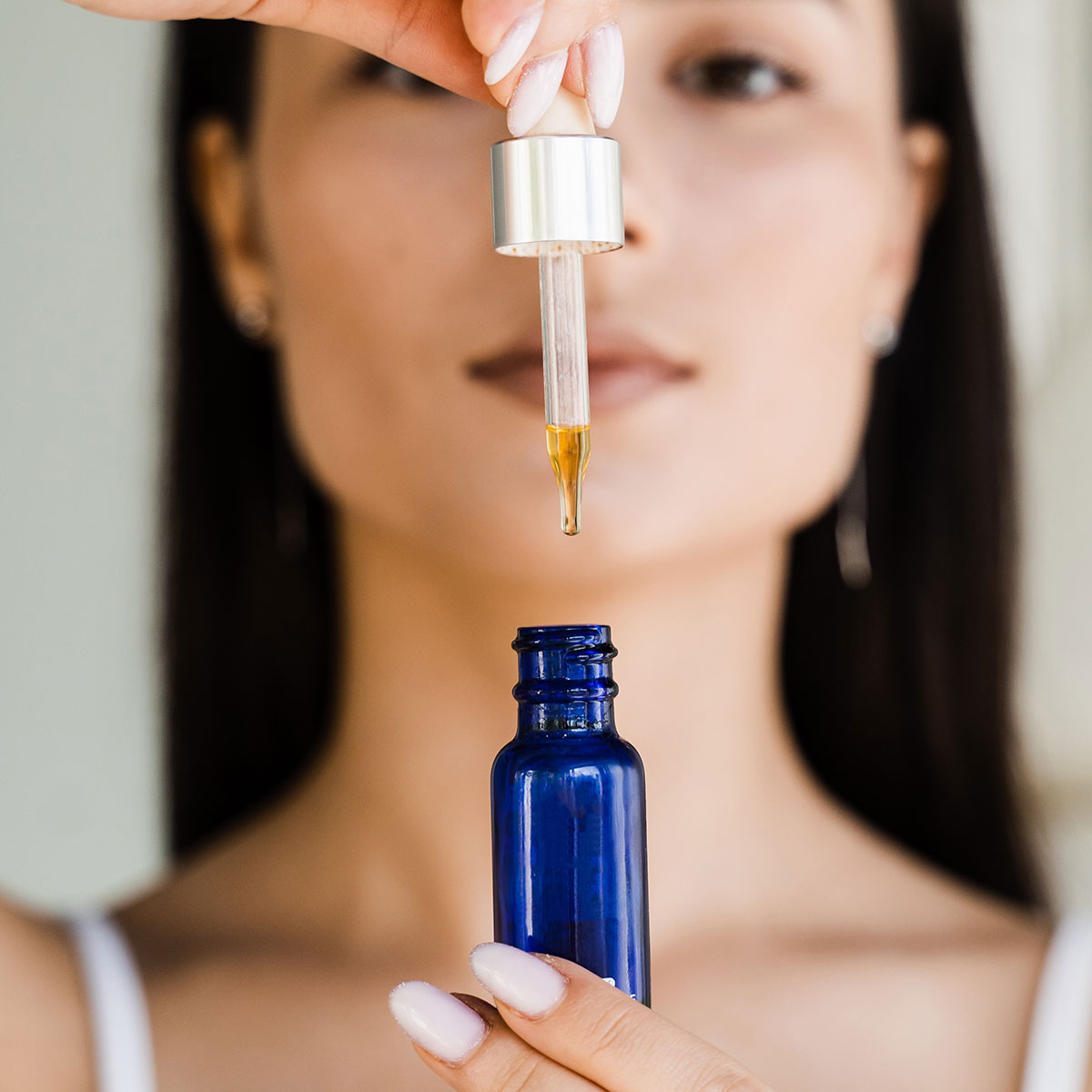
Essential Skincare Ingredients That Promote Collagen Production
1. Vitamin C
One natural and essential serum Kim swears by for a more dewy complexion is vitamin C. This type of serum, she says, is a "potent antioxidant that helps protect the skin from free radicals, which can cause premature aging."
This serum also "promotes collagen synthesis, brightens the complexion, and improves skin tone and texture," which are all important for maintaining a youthful glow.
Kung agrees, and says that vitamin C is a "co-factor in collagen formation and a really important part of collagen synthesis." As an ingredient, she adds that it is well-known among experts as a "potent antioxidant that protects our skin from UV damage, protects our skin cell barrier which reduces dryness, and helps collagen production, which prevents wrinkles."
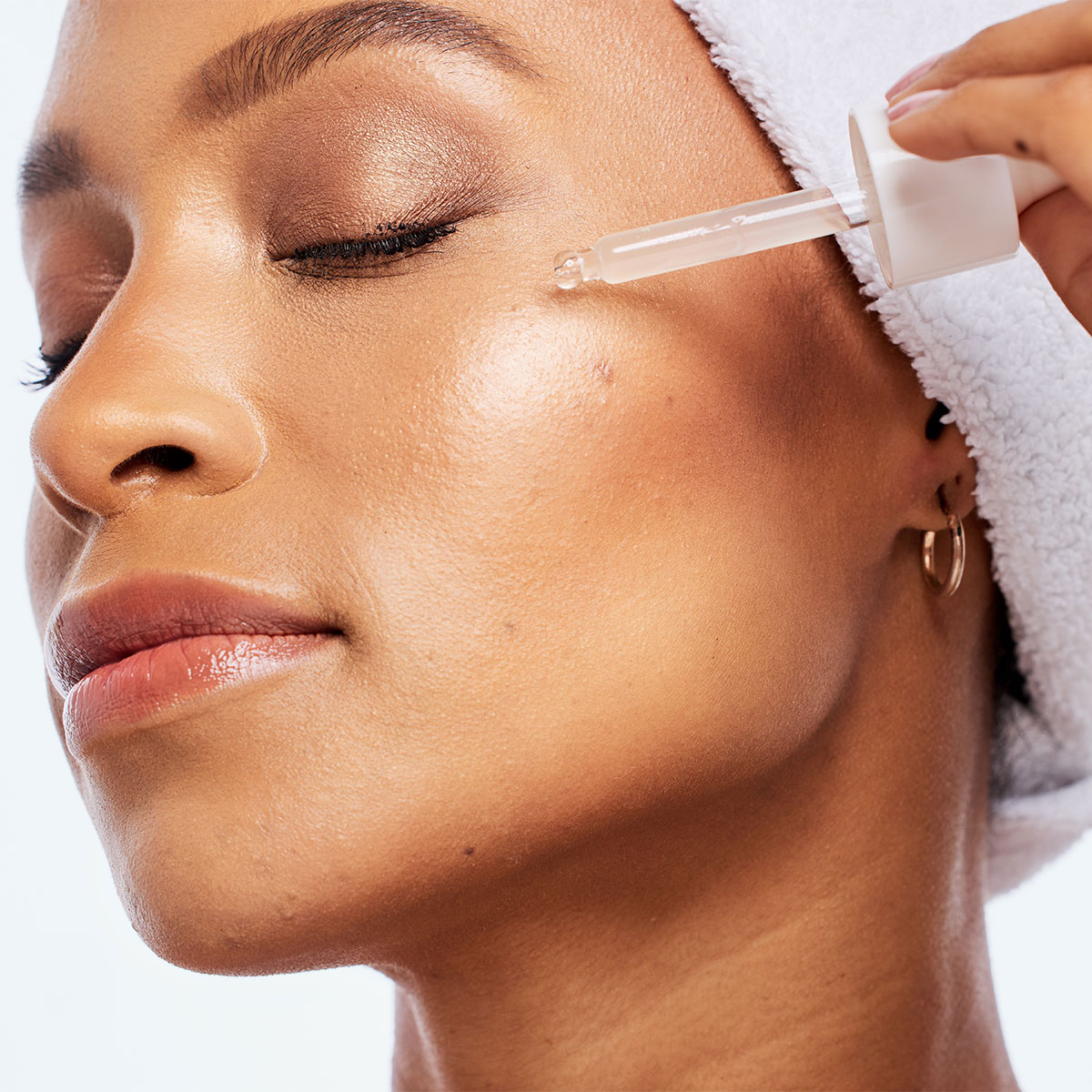
2. Hyaluronic Acid
Hyaluronic acid is a hydrating ingredient, Kim says, and it is useful in a serum since it "attracts and retains moisture in the skin, improving its elasticity and plumpness."
It can help "minimize the appearance of fine lines and wrinkles," she adds, and she notes that this gives your skin a "more youthful look overall."
Kung adds that whether in moisturizers or serums, hyaluronic acid "helps draw in moisture, plump up our skin, and protect the skin barrier's functions." The "fountain of youth in skincare" centers around "moisturization to repair the skin barrier," she says, which hyaluronic acid effectively does.
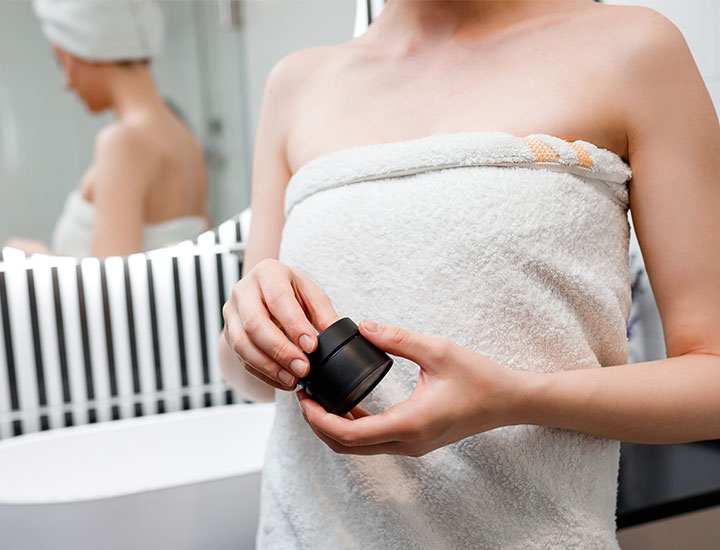
3. Lactic Acid
Lactic acid is a gentle exfoliator that belongs in the alpha-hydroxy category. It can boost collagen, reduce the appearance of fine lines, brighten skin, and help fade discoloration and acne scars. Unlike some other exfoliants, including glycolic acid, lactic acid tends to be less irritating on sensitive skin.
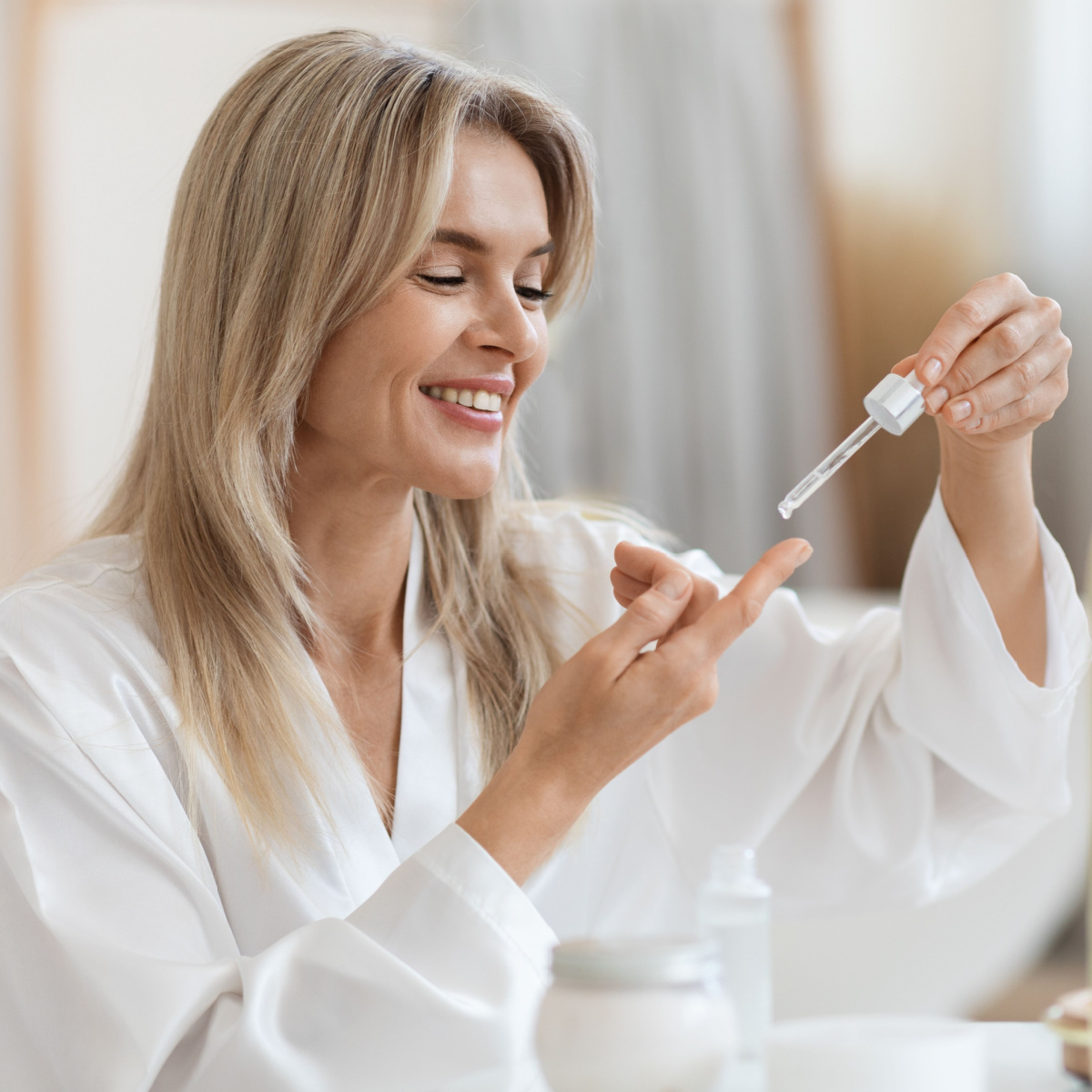
4. Retinol
Kim notes that one of the most "important serums for anti-aging" is one that contains retinol. "Retinol is a derivative of Vitamin A and is highly regarded for its anti-aging properties," she says. "It aids in reducing the appearance of fine lines, wrinkles, and uneven skin texture while promoting collagen production and cellular turnover," she adds.
While promoting collagen synthesis, it also "brightens the complexion, and improves skin tone and texture," Kim notes. Retinol also accelerates the shedding of dead skin cells, she points out, resulting in a more even complexion as brighter, newer skin cells emerge beneath age spots and acne scars.
Kung concurs, and says that "retinol has been scientifically and clinically studied to help skin turnover and stimulate collagen." She adds that "retinols in serum or cream form are probably in every dermatologists' skincare routine because we know that long-term use helps prevent and treat skin discoloration, fine lines and wrinkles, and skin laxity."
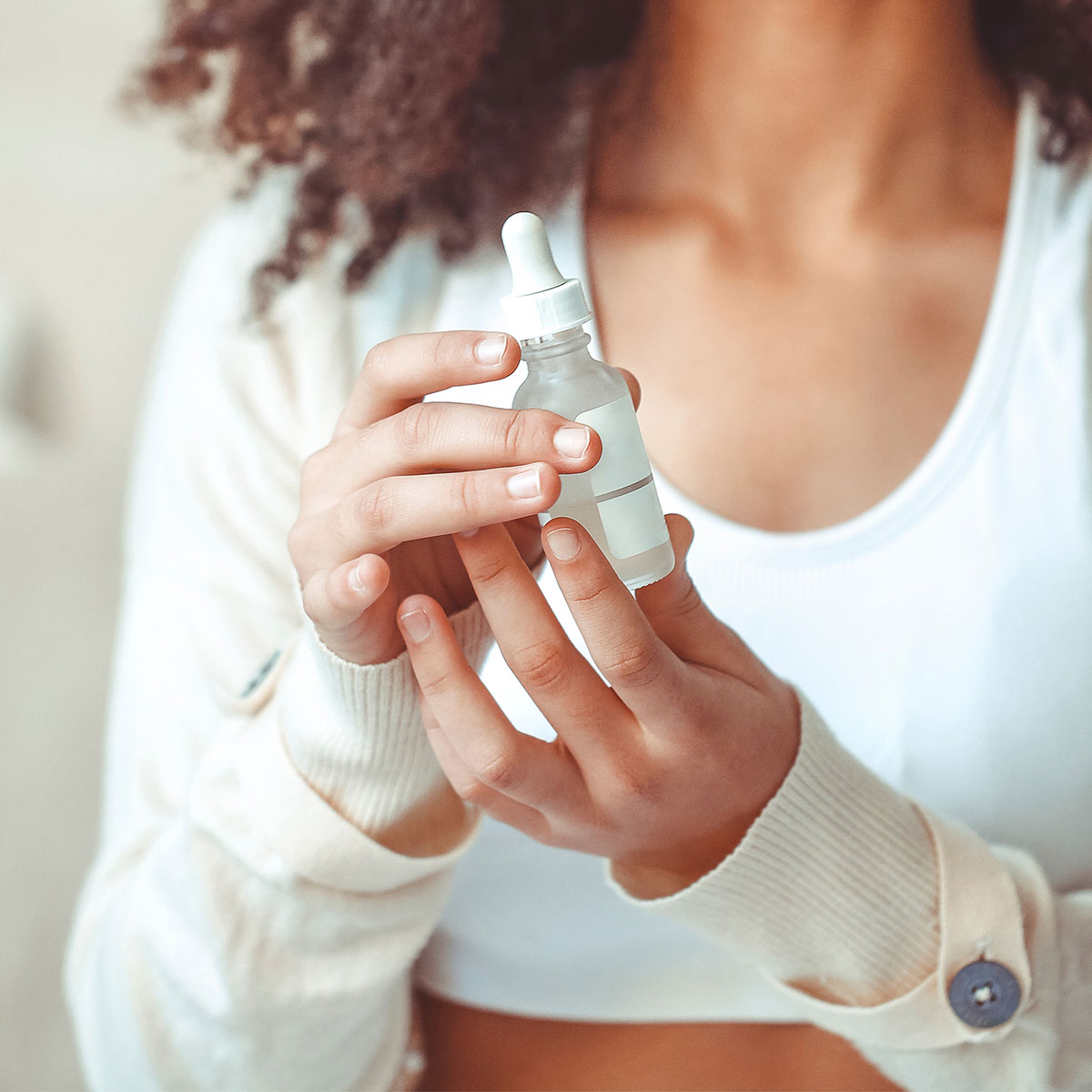
5. Niacinamede
Niacinamide is an ingredient that has become increasingly popular in skincare products due to its numerous benefits and uses. Also known as vitamin B3, Qazi notes that niacinamide has been proven to help with reducing hyperpigmentation, improving skin elasticity, and even reducing inflammation.
This ingredient also has the ability to impede protein glycation, which means it effectively lessens the downfall of cross-linked collagen and elastin molecules in the skin. In other words, this simply means that it helps slow down the aging process. "Niacinamide is a form of vitamin B3," Qazi says. "When it is in a serum, it can reduce sebum production and balance out your skin."

6. Peptides
Lastly, peptides are another vital ingredient to use in your skincare routine, and are the result of the amalgamation of several amino acids, Chacon says. These proteins are crucial for the health of the skin. "Because collagen is composed of three polypeptide chains, introducing peptides can boost your skin's production of collagen," she explains.
She adds that peptide-containing products such as serums can help to reduce the visibility of wrinkles by delivering moisture and hydration to the skin.
Dehydrated skin is prone to premature aging, so peptide-infused skincare aids in keeping your face healthy, supple and radiant.
Of course, in order to optimize your results, a nutritious diet and adequate hydration are essential, she stresses. "Peptide serums decrease the appearance of fine lines and wrinkles," she points out.
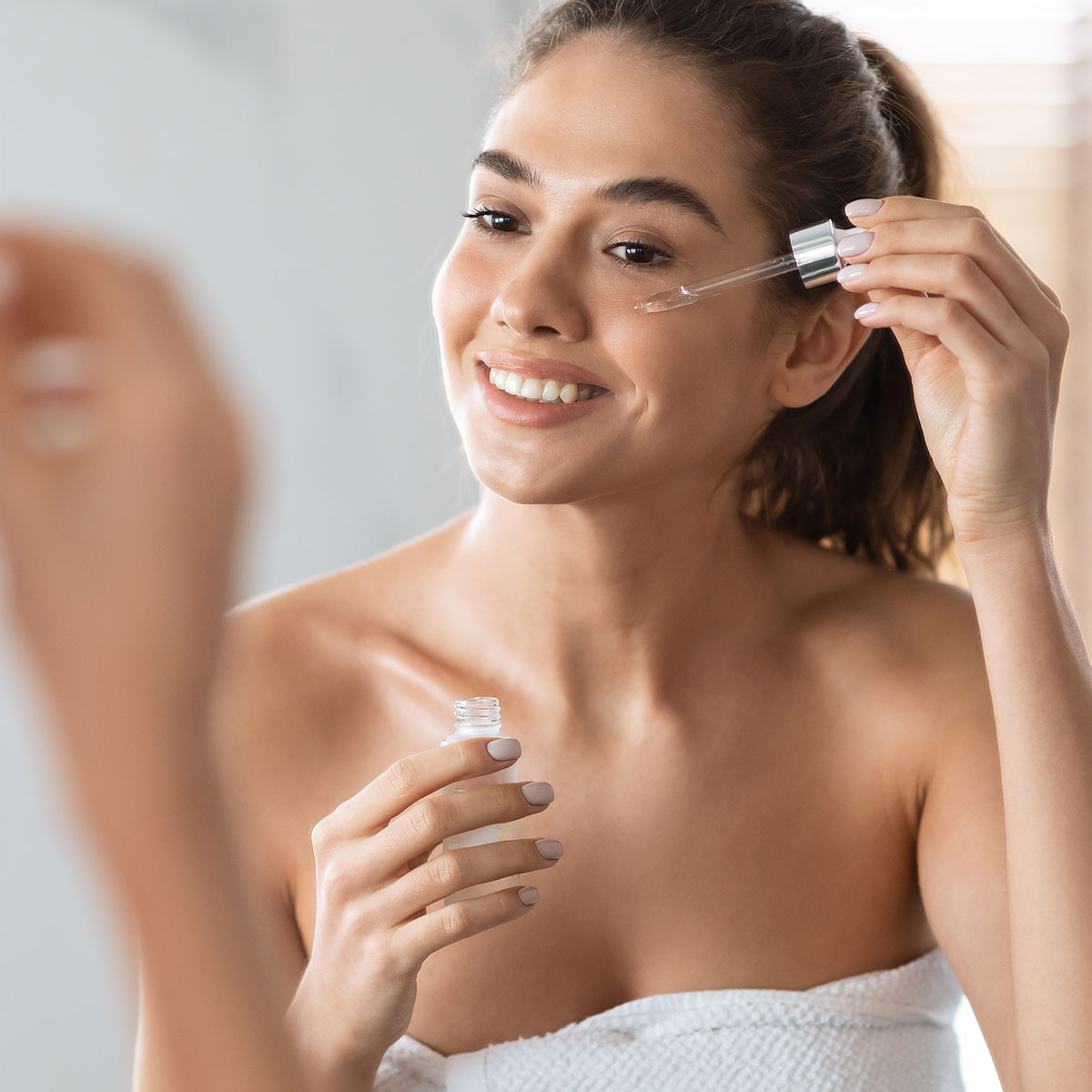
7. Gycolic Acid
Skin firmness, plumpness, and elasticity are all characteristics of collagen, the vital protein. Stimulating its production is necessary for anti-aging skincare, and this can be done with the help of gycolic acid, Chacon says. Glycolic acid, a collagen-boosting skincare ingredient, brings about a range of beneficial effects on your complexion, she notes, from smoothing away wrinkles and lines to enhancing tone and texture.
"Glycolic acid is my favorite ingredient that is rejuvenating with anti-aging properties other than retinol," says Chacon, who notes that it is also a "skin brightener."
She goes on: "I have many skincare products that contain it including cleansers, lotions, and serums. It has never stung my skin or caused irritation in any way."
The more you know!


